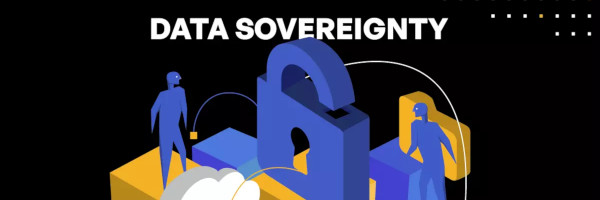Data Sovereignty
| Data | ||||||||||||||||
|---|---|---|---|---|---|---|---|---|---|---|---|---|---|---|---|---|

| ||||||||||||||||
| Sectors | Data | |||||||||||||||
| Contact | Wilfred Pinfold | |||||||||||||||
| Topics |
| |||||||||||||||
Activities
| ||||||||||||||||
- Authors
Data sovereignty refers to the idea that individuals and organizations have the right to control their own data and determine how it is collected, stored, used, and shared.
This concept is particularly relevant in the context of cloud computing and the internet, where data is often stored and processed on servers that are owned and operated by third parties. Ensuring data sovereignty involves implementing policies and technologies that give individuals and organizations more control over their data, such as data encryption, access controls, and data portability.



